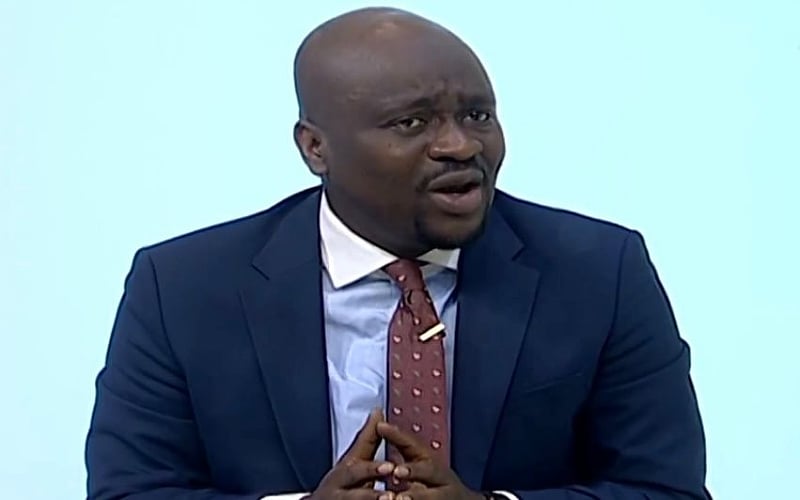The performance of the New Patriotic Party (NPP) during its tenure, particularly concerning economic management, has drawn sharp criticism from Hamza Suhuyini, a member of the National Democratic Congress (NDC) communication team. Suhuyini characterizes the NPP’s governance as the “worst economic management in the country’s history,” pointing to key economic indicators as evidence. He cites record-high inflation rates that eroded the purchasing power of Ghanaians, a precipitous depreciation of the cedi against major international currencies, unsustainable levels of national debt that threatened the country’s fiscal stability, and the ultimate loss of access to international capital markets, essentially shutting Ghana out from crucial financing options. Suhuyini argues that these economic woes are not mere abstract statistics but have had, and continue to have, tangible negative impacts on the lives of ordinary Ghanaians.
Suhuyini’s critique goes beyond simply listing economic indicators. He connects the NPP’s alleged mismanagement directly to the lived experiences of citizens. He posits that the high inflation rates translated into increased prices for essential goods and services, making it harder for individuals and families to afford basic necessities. The cedi’s depreciation, he argues, further compounded the problem by making imported goods more expensive, impacting businesses and consumers alike. The unsustainable debt levels, coupled with the inability to access international capital markets, painted a picture of a nation struggling to meet its financial obligations, thereby limiting the government’s ability to invest in crucial social programs and infrastructure development.
The NDC communicator doesn’t limit his criticism to the past administration. He extends it to the current leadership of the NPP, labeling them as “remnants” of the previous government’s failures, specifically referencing former President Akufo-Addo and Dr. Mahamudu Bawumia, the former Vice President. This suggests a belief that the current NPP leadership shares the same economic philosophy and approach as their predecessors, and therefore, are unlikely to offer any different outcomes if given the opportunity to govern. He contends that the opposition party lacks viable solutions to the challenges currently facing both the party and the country as a whole. This assertion implies a perceived lack of innovation, strategic thinking, and a disconnect from the realities on the ground within the NPP.
Suhuyini’s pronouncements go beyond mere critique; they represent a clear call to action, outlining the NDC’s stance toward the NPP and their future role in Ghanaian politics. He emphatically states that the NDC will employ all legal and legitimate means to prevent the NPP from regaining control of the national economy. This strong statement signifies a profound lack of confidence in the NPP’s ability to manage the country’s finances responsibly. It underlines the NDC’s commitment to protecting Ghana’s economic interests, as they perceive them, from what they consider to be the detrimental policies and practices of the NPP.
The core of Suhuyini’s message is a clear and unambiguous condemnation of the NPP’s economic track record, coupled with a vow to prevent their return to power. He paints a picture of an economy mismanaged to the point of crisis, with lasting negative consequences for the Ghanaian people. He portrays the current NPP leadership as inheritors of this failed legacy, lacking the vision and competence to steer the country towards a more prosperous future. This narrative serves as a rallying cry for the NDC, positioning them as the responsible alternative and the guardians of Ghana’s economic well-being.
In essence, Suhuyini’s statements constitute a strong political maneuver. They seek to discredit the NPP’s economic credentials, sow doubt about their ability to govern effectively, and ultimately rally support for the NDC as the preferable choice for managing Ghana’s economy. He frames the debate not just as a contest between political parties but as a crucial decision point for the nation’s economic future. His pronouncements serve as a warning against returning to what the NDC perceives as failed policies, and an appeal to Ghanaians to entrust their economic future to the perceived competence and stability of the NDC.














